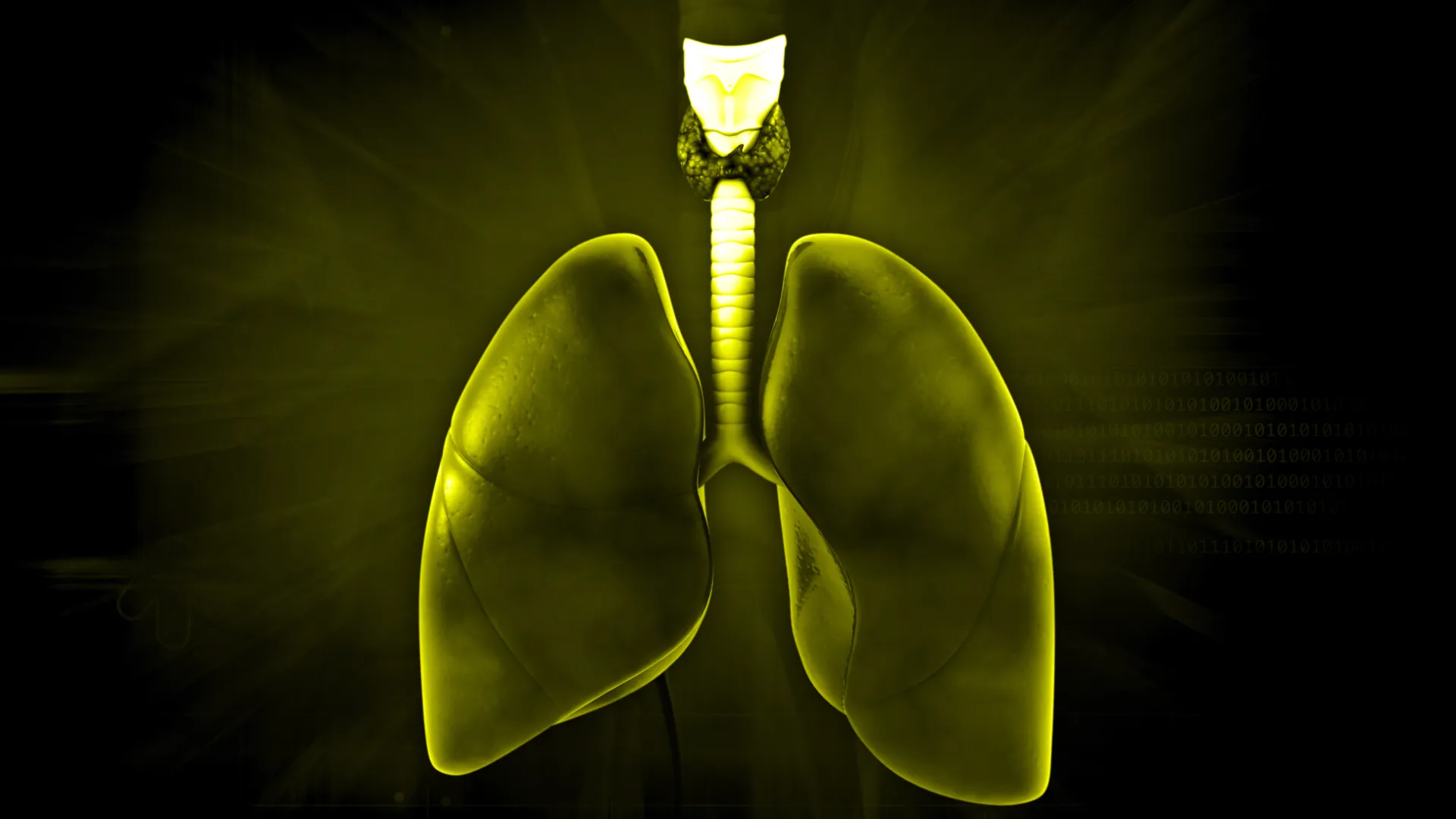Chemotherapy is one of the treatment options for epithelioid mesothelioma, a rare and aggressive form of cancer that affects the lining of the lungs (pleura), abdomen (peritoneum), or other organs. Epithelioid mesothelioma is one of the three main histological subtypes of mesothelioma, with the other two being sarcomatoid and biphasic.
The treatment approach for epithelioid mesothelioma typically involves a multimodal approach, which may include surgery, chemotherapy, radiation therapy, and sometimes targeted therapy or immunotherapy. The choice of treatment depends on several factors, including the stage of the cancer, the patient’s overall health, and the extent of the disease.
Chemotherapy for epithelioid mesothelioma:
- Platinum-Based Chemotherapy: The most commonly used chemotherapy regimen for mesothelioma, including the epithelioid subtype, involves platinum-based drugs such as cisplatin or carboplatin. These drugs are often combined with other chemotherapy agents.
- Combination Chemotherapy: Chemotherapy is usually administered as a combination of drugs to enhance its effectiveness. Commonly used combinations include cisplatin/pemetrexed and carboplatin/pemetrexed.
- Pemetrexed: Pemetrexed (brand name Alimta) is an antifolate chemotherapy drug that has been approved specifically for the treatment of malignant pleural mesothelioma. It is often used in combination with a platinum-based drug.
- Bevacizumab: In some cases, the targeted therapy drug bevacizumab (Avastin) may be added to chemotherapy regimens. Bevacizumab targets blood vessel growth (angiogenesis) and can help inhibit the growth of the tumor.
- Immunotherapy: Immunotherapy drugs, such as checkpoint inhibitors (e.g., pembrolizumab), may also be considered as part of the treatment plan in certain cases. Immunotherapy aims to boost the body’s immune system to fight cancer cells.
- Clinical Trials: Patients with epithelioid mesothelioma may also have the option to participate in clinical trials that are testing new and experimental treatments.
It’s important to note that the effectiveness of chemotherapy can vary from person to person, and its side effects can be significant. Common side effects of chemotherapy may include nausea, fatigue, hair loss, and lowered blood cell counts. The specific chemotherapy regimen and its duration will be determined by your oncologist based on your individual circumstances.
Patients with epithelioid mesothelioma should work closely with a multidisciplinary team of healthcare professionals, including oncologists, surgeons, and radiation oncologists, to develop a personalized treatment plan that takes into account their specific diagnosis and overall health. Additionally, discussing the potential benefits and risks of chemotherapy with your healthcare team is crucial to making informed treatment decisions.
